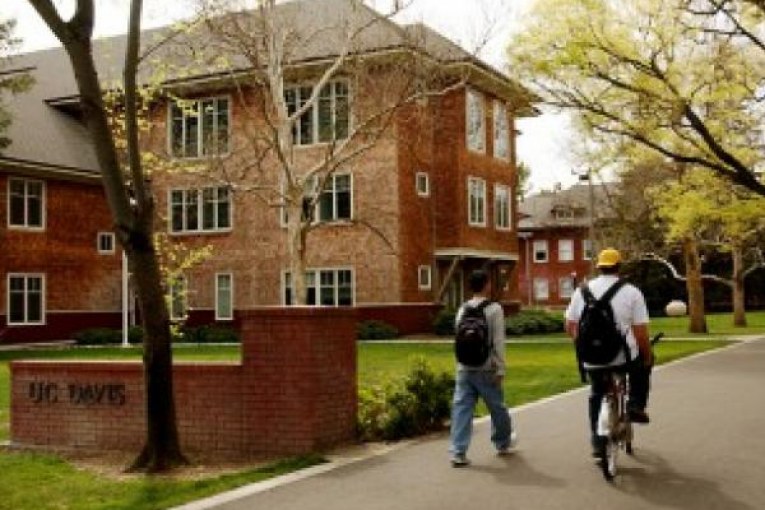

Last week, UC President Janet Napolitano put forth a proposal to cap nonresident enrollment to the current levels at three of the schools (Berkeley, UCLA and San Diego), which is between 22 and 25 percent, and to 20 percent at the other seven campuses including UC Davis.
But, for UC Davis, that means an actual increase over current nonresident enrollment.
This follows pressure from the state legislature in the form of both a stick and a carrot. The Budget Act of 2016 increases funding by $18.5 million while the state legislature has been looking toward legislation to cap the enrollment at 10 percent.
Last year, a state audit heavily criticized by President Napolitano as “disappointingly pre-baked” and “unfair and unwarranted,” found that UC undermines “its commitment to residents in an effort to increase its revenue by recruiting and enrolling nonresidents.”
“Because of the significant harm to residents and their families resulting from the university’s actions, we believe that legislative intervention … is necessary to ensure that a university education once again becomes attainable and affordable for all California residents who are qualified and desire to attend,” state auditor Elaine Howle said in a letter released with the audit.
UC is looking to balance the needs of California students with the benefits those outside students bring.
“The policy is very clear: Nonresident students will be in addition to and not in place of California residents,” UC spokeswoman Dianne Klein said. “But it accepts the reality that we need this money to help fund California undergraduates.…We can’t rely on the state to supply the undergraduate funding we need to maintain the academic quality for California students.”
Last year, Assemblymember Kevin McCarty sponsored a bill that would have capped enrollment at 10 percent. It passed the Assembly by a whopping 78 to 2 margin, but ultimately did not go through and become law.
Assemblymember McCarty called the current proposal by UC “a mixed bag.” He stated, “Finally, after all of these years, UC is on the verge of setting a firm nonresident policy that will help us prioritize California kids. But we were hoping the cap would be at today’s numbers. It’s close, but it falls a little short.”
An editorial in the Daily Bruin says that, although Assemblymember McCarty’s bill “ultimately didn’t go through, the bill demonstrates that members of the legislature almost unanimously want to have a draconian nonresident enrollment cap that is half of the UC’s proposal. Chances are they wouldn’t approve of a cap that allows seven UC campuses to expand their nonresident enrollment to 20 percent.”
Many have railed against the increase in nonresident enrollment at UC, but that view ignores the budget realities.
UC’s proposal includes in it a clause that would allow it to suspend the cap should state funding per student decline.
They write: “The University must recognize that the types of difficult financial conditions that led in the last fiscal crisis to increased enrollment of nonresidents may recur. Under these conditions, when State funding is frozen or declines on a per student basis and the University must identify other resources in order to avoid significant declines in enrollment, quality, or both, increases in nonresident enrollment can allow the University to avoid or mitigate tuition increases for California residents.”
As the editorial points out however, “looking at past budget agreements, state funding per student has consistently decreased over the past decade. Moreover, a suspension would highlight the futility of having a cap when the state is barely providing enough funds to the UC.”
Assemblymember McCarty acknowledged this reality a year ago.
“This was a necessary evil. They had to do this to keep the lights on,” Assemblymember McCarty said. “So going forward, we’re going to put some type of clause in there or trigger to allow this to be addressed if there’s a budget crisis.”
But, given that, is a cap all that meaningful?
The Daily Bruin points out that the state legislature “can go ahead and implement stricter terms in future budgets, much like it almost did last year. But stricter terms on nonresident enrollment would hurt the already cash-strapped UC’s finances, leading either to a general tuition hike or a lower quality of education.”
The reality is that the state legislature is going to have to figure out a way to get UC more money. Otherwise the available options are painful – either increased tuition for in-state students or increased enrollment of out-of-state students.
—David M. Greenwald reporting
